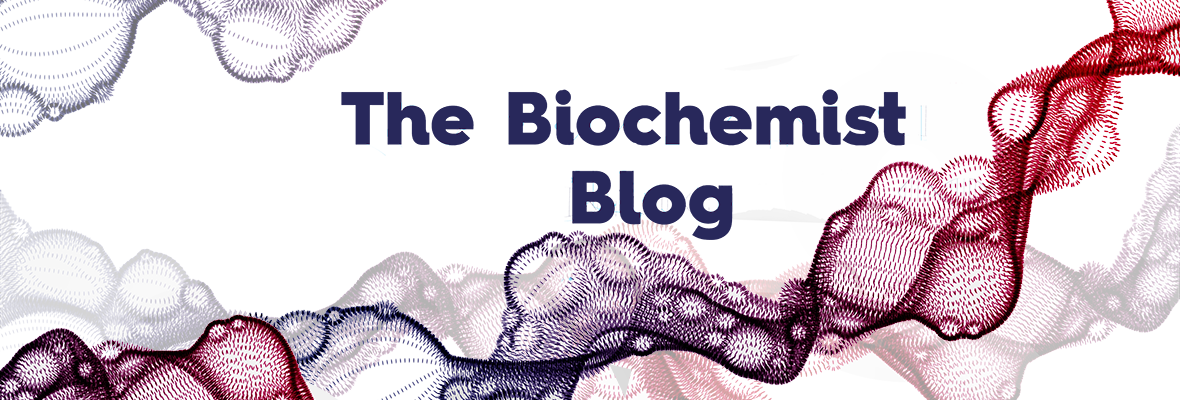For some SynBio UK was their first experience of a face-to-face academic conference. For others, it was the first chance to catch up with colleagues from around the country after almost two years of separation. For everybody, it was a fantastic opportunity to hear about the exciting fundamental and applied research in Synthetic Biology happening across the UK and beyond!

The 2021 edition of Synthetic Biology UK invited researchers to Nottingham, famous around the world as the home of Robin Hood and his band of merry men. With its late November timing, the conference also coincided with the city’s beautiful Christmas Market, where many of the attendees (myself included) could be found at the Après Ski on Sunday night getting ready for proceedings to begin the next morning. From there we descended the slopes to the main campus of Nottingham University, where conference goers were put up in the eminently comfortable Orchard Hotel adjacent to the conference centre. Being put up in such style – after two years of little travel or such opportunity – was immediately exciting; it became even more so once we discovered the delicious three-hour breakfast buffet on offer at the hotel each morning.
Then began the talks. These were coalesced into topical one-hour sessions, with plenty of breaks interspersed to help the audience get back into the swing of face-to-face presenting and discussion. The speakers highlighted the great diversity of ongoing research in the UK: this ranged from fundamental tools for SynBio to applications in non-model organisms, and from emerging techniques in AI and Machine Learning to the great progress being made in applying engineered biology to sustainability challenges such as the recycling of plastics. An engaging audience always had questions that spurred discussion, and this was effectively leveraged by speakers to poll the room’s collective expertise to suggest explanations for puzzling data or experiments. A delightful conference banquet brought the first day of proceedings to a close – here thanks go to the hospitality team who delivered excellent food and a bar open late that kept discussion flowing into the night.

Talks resumed the next day, interspersed with breaks for networking and poster sessions that further explored ongoing SynBio research in academia and industry from across the country. Beyond the technical content, attendees engaged strongly with sessions on broader issues and challenges for the field. These included legal considerations for SynBio, frameworks for assessing the sustainability of emerging technologies, and the great potential of open-source wetware and hardware to support emerging biotech ecosystems across the developing world. Spotlighting each of these challenges led to lively discussions between the researchers and funders present, and highlighted how important interdisciplinary consideration of societal, economic, legal, and ethical questions will be to the field’s future.

Unfortunately, the conference eventually had to end. Attendees went their separate ways, dispersing across the country with new motivations, broadened horizons, and exciting directions for future collaboration in the back of their minds. Much thanks must go to the organisers for putting on such a fine show – academic coordinators Nigel Minton, Alan Burbidge, John Heap, and Ruth Griffin; the Biochemical Society and its hard-working organisers; industry sponsors and attendees; and the venue staff themselves. We are looking forward to the return of Synthetic Biology UK in 2022!

About the Author:
Harrison Steel is an Associate Professor in the Department of Engineering Science at the University of Oxford. He recently established his research team working at the intersection of Synthetic Biology and Control Engineering.

